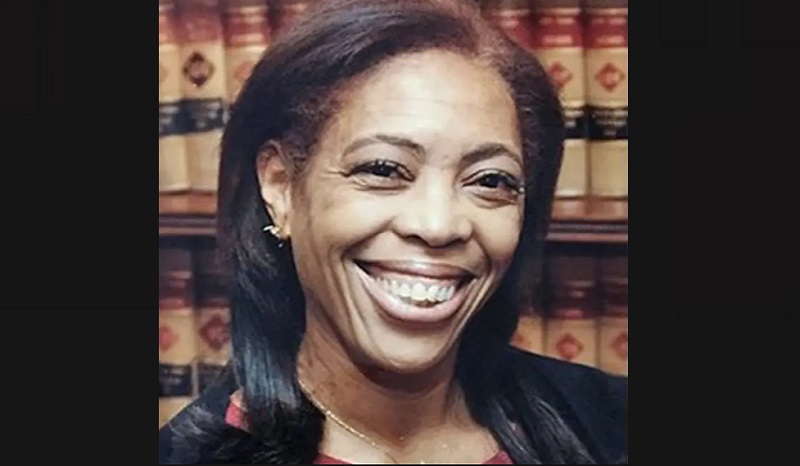
Serious philosophers, theologians, and scholars rightly have wrestled with the serious questions of government power, justifiable war, the death penalty, and killing another in self-defense. None of these deep thinkers include Associate Justice Troy K Webber of New York State’s Appellate Court.
When NYPD Sgt. Patrick Marsteller sued for the right to keep his job and refuse the COVID vaccination on a religious exemption, Judge Webber expressed her doubt of Marsteller’s religious convictions since he was a police officer and police officers kill and that conflicts with Christian values because of “That, you know, do not kill the thing?”
Critics immediately pounced on the judge’s flippant statement and flagrantly ignorant understanding of basic theology as a prejudicial comment. In context, Marsteller’s objection to the vaccine was predicated on the use of aborted fetal tissue in its development, a pro-life position that the judge mocked for its implied hypocrisy.
“What this judge said is reprehensible – does being a cop conflict with Christian values?” Queens Councilwoman Joann Ariola. “Police are not on the streets looking to commit mass murder, they are there to stop criminals and protect the innocent. This kind of anti-cop rhetoric has no place in court.”
The judge was wrong on about every level of this case. Regardless of how one feels about abortion, in the ending of a pregnancy, the unborn has no guilt, no responsibility, no advocates, and no complicity in its termination. That is no comparison to a life taken in the heat of a battle of self-defense or defense of others, or even, for that matter, in the legal execution of the death penalty.
Secondly, the sincerity of one’s religious belief – in this case, Christianity – is not automatically nullified by being a person who, in the line of duty, might be subject to using deadly force. This is true for every religion that I know of, and every religion is represented among the diverse ranks of police officers. If there is a moral abhorrence to the possibility of doing harm, the simple answer is to not become a police officer. Since there is no mandatory service, as in the case of a wartime draft, there is no need for a cadet to be a conscientious objector.
For a police officer who holds Christian beliefs in particular, the orthodox guide to Christian conduct is the Bible. The Bible holds no prohibition to righteous killing, only a prohibition of murder. Clearly, it follows that if a third person is threatening murder by attacking a civilian, police officer, or posing a high risk to the public at large should they escape capture, using necessary means to prevent the murder is not itself murder by any legal or moral definition.
Further, the authority of governments and the Christian mandate to be obedient to government is found in the New Testament where it is stated:” Let everyone be subject to the governing authorities, for there is no authority except that which God has established. The authorities that exist have been established by God. Consequently, whoever rebels against the authority is rebelling against what God has instituted, and those who do so will bring judgment on themselves. For rulers hold no terror for those who do right, but for those who do wrong. Do you want to be free from fear of the one in authority? Then do what is right and you will be commended. For the one in authority is God’s servant for your good. But if you do wrong, be afraid, for rulers do not bear the sword for no reason. They are God’s servants, agents of wrath to bring punishment on the wrongdoer. Therefore, it is necessary to submit to the authorities, not only because of possible punishment but also as a matter of conscience. (Romans Chapter 13 New International Version for those interested).
Lastly, the text and context of the judge’s remark is aptly described by Councilwoman Joann Ariola as leftist anti-cop rhetoric. The implication is that the police like to kill and are likely to kill, two propositions that are soundly defeated by multiple studies. Judge Webber should not be allowed to touch any cases remotely attached to the involvement of a law enforcement officer.